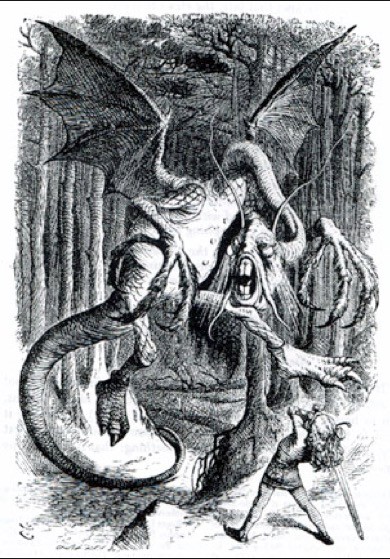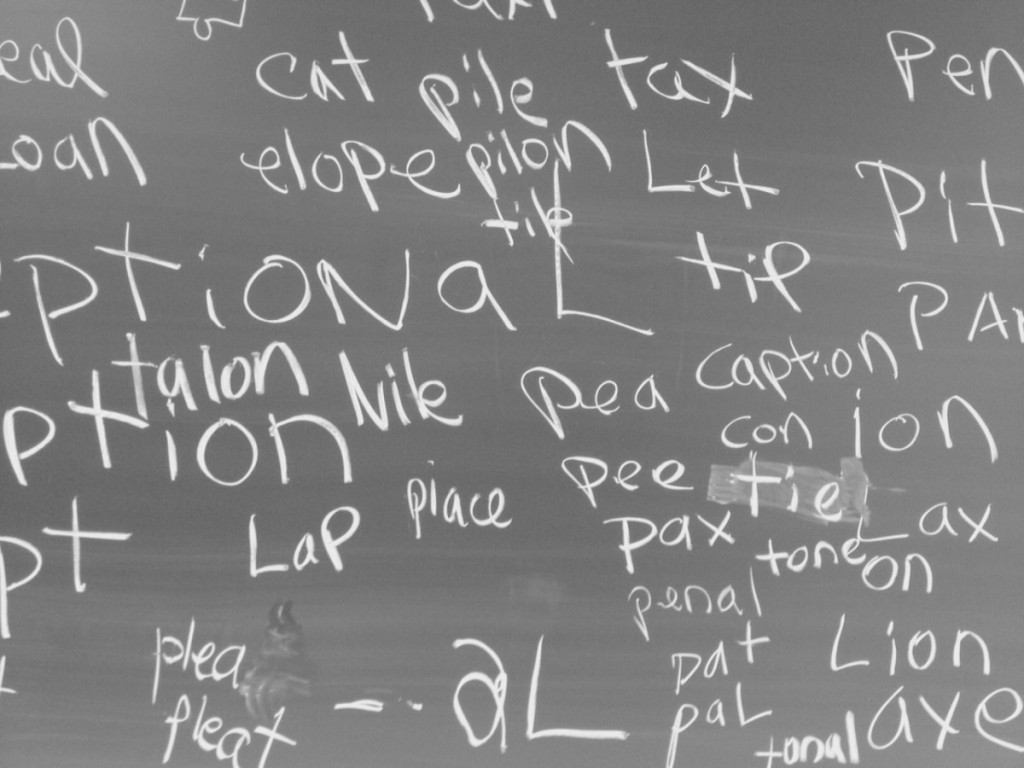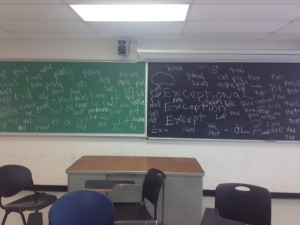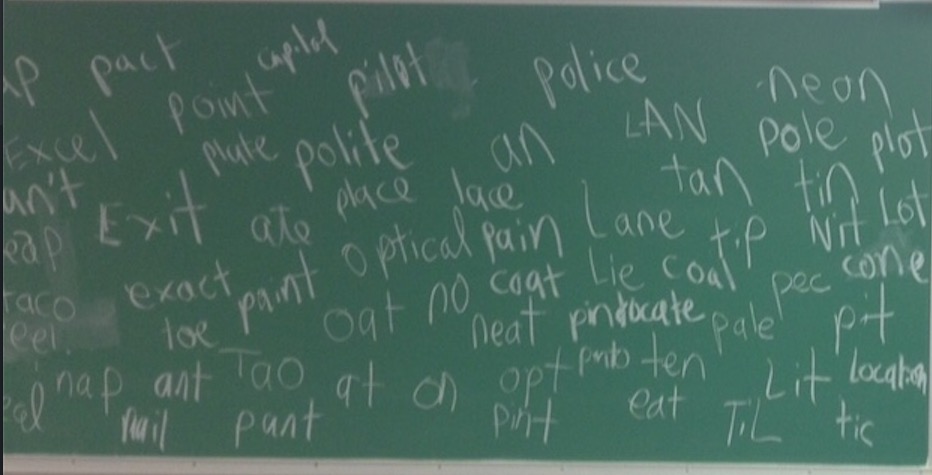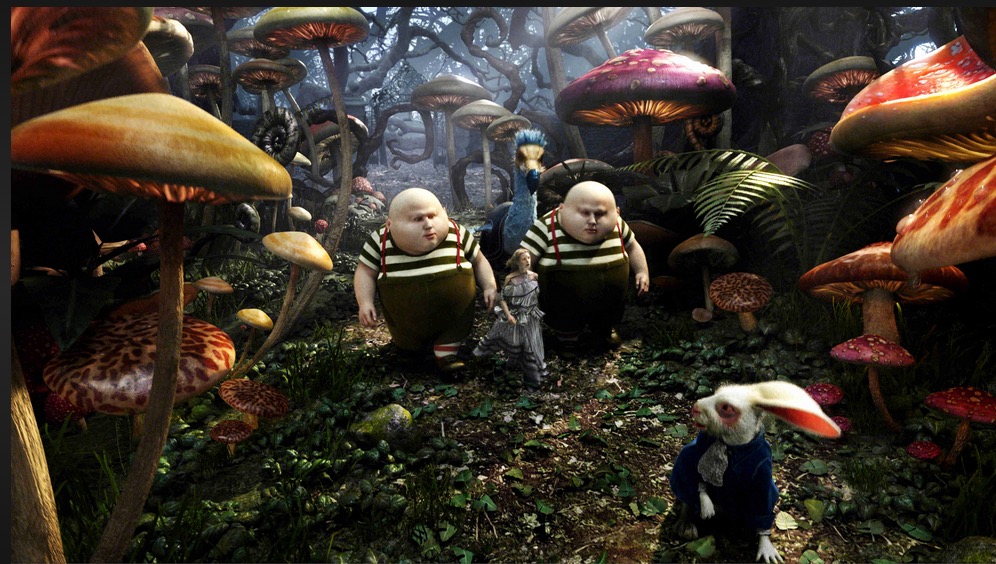WHILE READING CHAPTER 4 IN OUR TEXTBOOK, I MADE UP PHRASES THAT HELPED ME UNDERSTAND THE IMPLIED IDEA.
Basically, I just used substitution and title creation as my strategy.
I’d imagine a new title for the piece with a guiding word or phrase, like “Overall, There is More Than One Way to Jump to a Conclusion”
Or
“Little by Little, Humans Came to Own Livestock: Let’s see How:”
Or
“You Might Well Say It: America Is Troubled In Many Ways!”
Other strategy title words include:
“When you get right down to it…”
“It all boils down to…”
“To put it simply and succinctly…”
